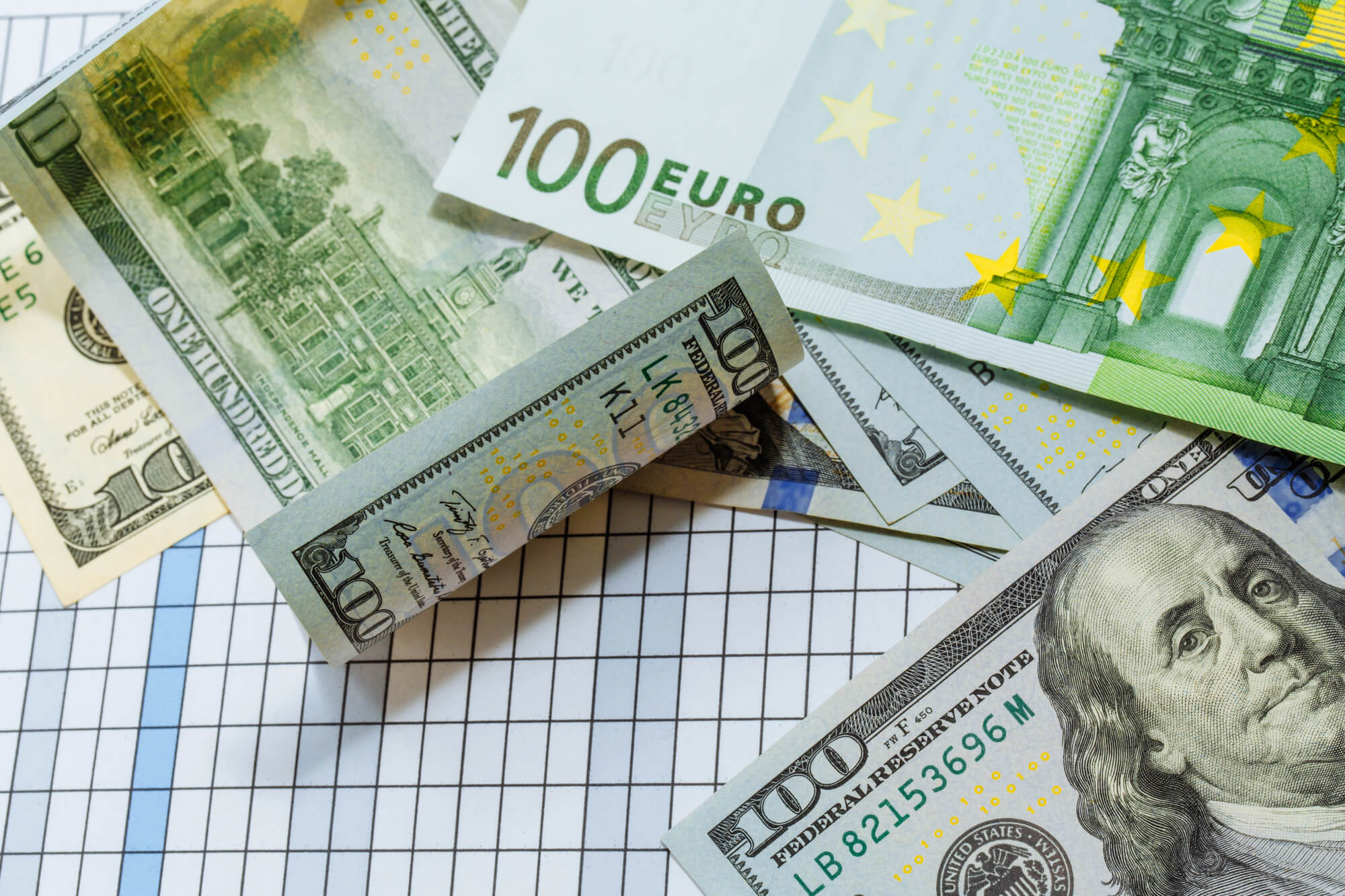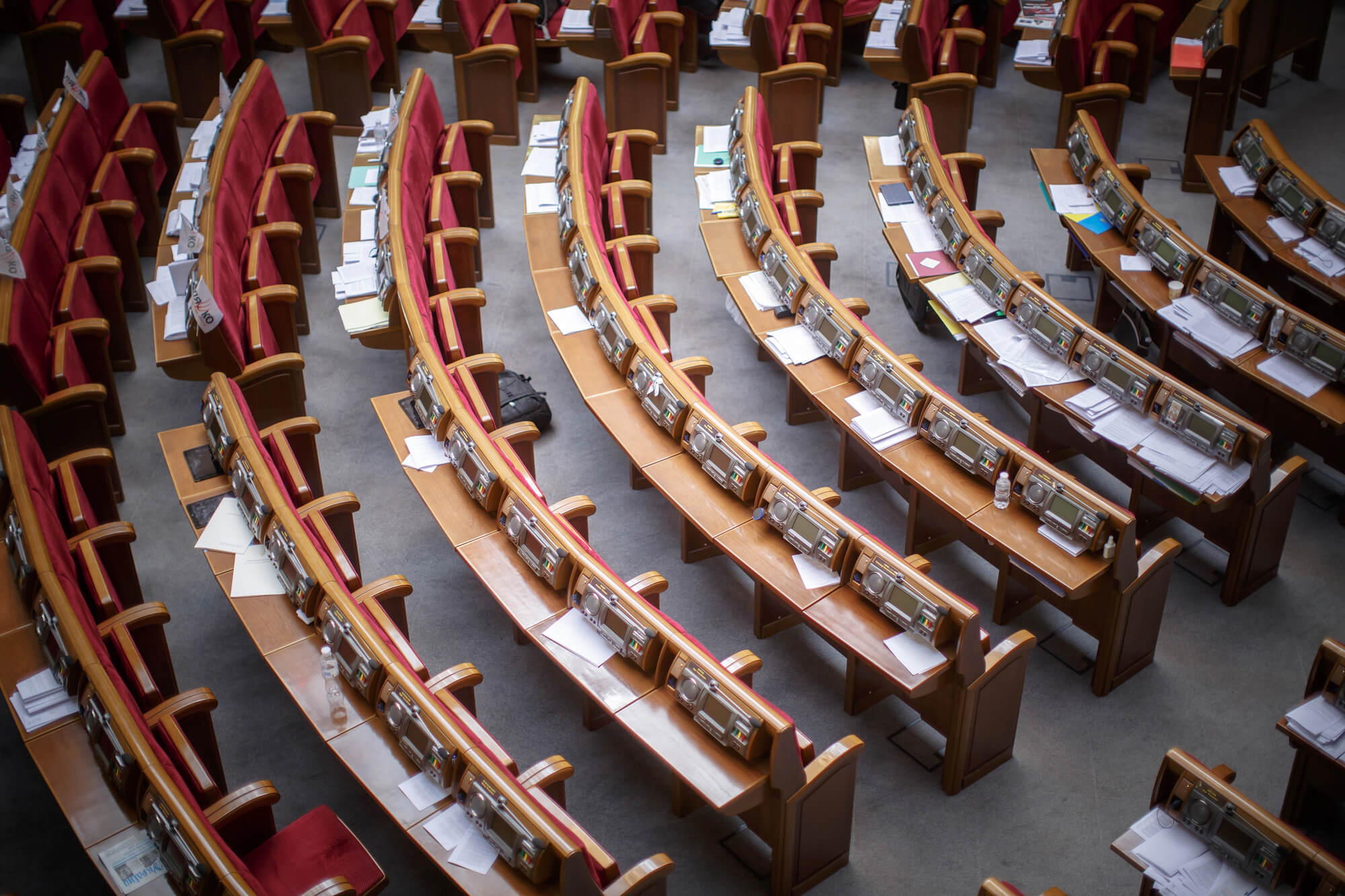The 2021 Nobel Prize in Economics went to David Card (my colleague at Berkeley!), Joshua Angrist and Guido Imbens. Why did they get the award? In this short note, I will summarize the vast body of work done by these scholars which inspired many economists to think carefully about the data.
The gold standard of science for establishing causal relationships is a randomized controlled trial. The idea is simple. You have a number of subjects. For each subject you flip a coin. If it’s heads, a given subject goes to a control group which receives nothing. If it’s tails, that subject goes to a treatment group. This latter group receives an intervention (for example, a dose of a new drug). Then some time later you compare outcomes for these two groups. If there is a difference, you know that this difference has to be because of the treatment. So we can have only one explanation and rule out all other explanations. This is the foundation of science. While intuitive and powerful, randomized controlled trials are often not available to economists. Indeed, it would be unethical to deny one group of people access to education or higher wages in the name of science. What do you do then? You have to be creative!
Card, Angrist and Imbens popularized the idea of “natural” experiments. In other words, it is nature that rolls the dice rather than a researcher. In this case, you do not have a clean experiment but you can get very close to it. For example, because of randomness in the acts of nature, a child may receive better education than other children. This may seem implausible but it happens all the time.
Suppose a school has a cap on the number of children in a class—a widespread policy in many countries—but you have the number of children that happens to be just above the cap. This means that the school has to have two smaller classes which generally means better education because a teacher has more time to spend with each child in the class. Why do we have this number just above the cap? Most often it happens due to random forces. So by the act of nature, we have randomized variation in the quality of education. One group has a relatively large class size because the number of children is just below the cap. The other group has small class sizes because the number of children is just above the cap. We can follow these two groups over time and see how much difference the quality of education makes for earnings or scholastic achievement. Using this research design, Angrist established the causal effect of class size on the quality of education.
Here’s another classic example. What happens if the minimum wage is raised? The standard theory predicts that employment should fall as the price of labor is higher. This seems intuitive but how can one prove it? You can’t run an experiment where one group of people is paid more for the same amount of work. This would be unfair. But suppose you have two villages next to each other but one village is in oblast A and another village is in oblast B. If oblast A decides to raise the minimum wage and oblast B does not do it, we have a natural experiment. The villages are likely close to being identical in all respects but one: the village in oblast A has a higher minimum wage than the village in oblast B. We can track these two villages over time and see if there is any difference in employment. David Card used this insight to establish the causal effect of minimum wages. In the early 1990s, Pennsylvania raised the minimum wage and New Jersey did not. Card compared employment in fast food restaurants in adjacent towns separated by the state border. Contrary to the prediction of the standard theory, Card found that higher minimum wages raised employment! This finding led to rethinking how the labor market operates.
These examples illustrate that with some luck and creative thinking one can bring economics closer to science and prove (or disprove) a theory beyond reasonable doubt. Is one natural experiment enough to overturn our thinking? Maybe not. But by exploring a collection of natural experiments (different countries, times, etc.), we can build a solid foundation for our knowledge and develop evidence-based policies.
Card, Angrist and Imbens have been extremely influential. They showed that economics is a not an armchair science. By being careful and inventive, economists can generate credible empirical work and test theories just like other scientists. This framework has been revolutionary in economics and thus well worth a Nobel!
Attention
The author doesn`t work for, consult to, own shares in or receive funding from any company or organization that would benefit from this article, and have no relevant affiliations



